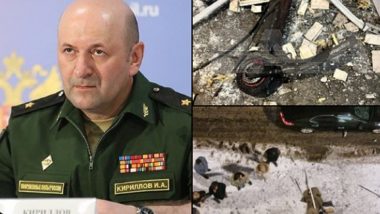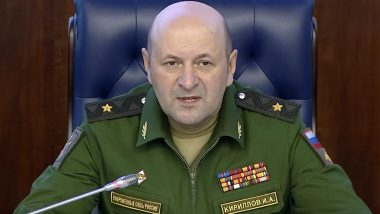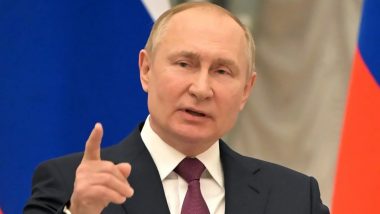St. Petersburg, Jun 21 (AP) It was nearly midnight in St. Petersburg as fans headed back into the city from Russia's 3-1 win over Egypt, but the sky was still bright.
The World Cup's taking place during the "white nights", when the sun barely sets and it never gets completely dark. It's impossible to ignore in St. Petersburg, the northernmost host city, where white nights are associated with beauty, hedonism and even madness.
Around the longest day of the year on Thursday, it begins to get a little darker in St. Petersburg around 11 p.m., reaching a kind of inky-blue twilight after 1 a.m. Two hours later and it's light again. "I don't sleep at night. I just nap," said Egyptian fan Sam, who didn't give his surname.
It's caused problems for England player Dele Alli, whose team is based just outside St. Petersburg. "I woke up at three in the morning and I thought it was time to get up," he told British media. The team has installed blackout blinds to minimize disruption.
"It's impossible (to fall asleep) if you go to bed after it starts to get light again," computer programmer Bogdan Bovin said after Tuesday's game.
"If that happens, it's better just not to go try to sleep. You just have to walk around all night."
Those midnight wanderings have become a staple of Russian literature, such as in Fyodor Dostoyevsky's short story "White Nights."
A lonely narrator and a beautiful girl meet night after night in a tale of unrequited love and loneliness.
The white nights are natural, but they feel unnatural. Alexander Pushkin's poem "The Bronze Horseman," a Russian classic, has the poet describing how he can read without a lamp on a moonless night, before depicting St. Petersburg as a whirl of sensations, almost delirious. The city then suffers an apocalyptic flood which drowns the poem's hero.
White nights are a boon for tour operators like Alexei Filippov, who runs night-time boat cruises through the city's canals, past imperial palaces in the twilight.
"It's a great show," he said.
"It's never too late to go out."
There's one problem for Filippov's business during the World Cup, though - his boats don't have TVs to show the games. Locals and their guests also have a tradition of parties, both legal and illegal, on the roofs of buildings in the historic city center.
St. Petersburg sprawls across a series of islands in the Neva river delta, where Czar Peter the Great ordered the city to be built as a "window on Europe" for Russia just over 300 years ago.
Until recently, wanderers on the white nights could end up trapped on the wrong island when the city's movable bridges lift to allow ships through at night. New roads built in time for the World Cup have eased that problem, and some bridges now remain closed on game days to stop crowds of foreign fans getting stuck.
If you get home and the sky's too light to sleep, Russian locals can offer some tips.
"Buy heavy curtains," says Arina Arutunian, who moved to St. Petersburg from southern Russia a decade ago. "Or if you can't sleep, write poetry. Like Pushkin." (AP) AH













 Quickly
Quickly





















